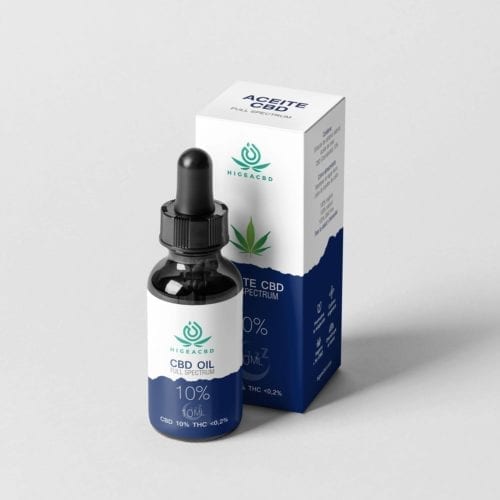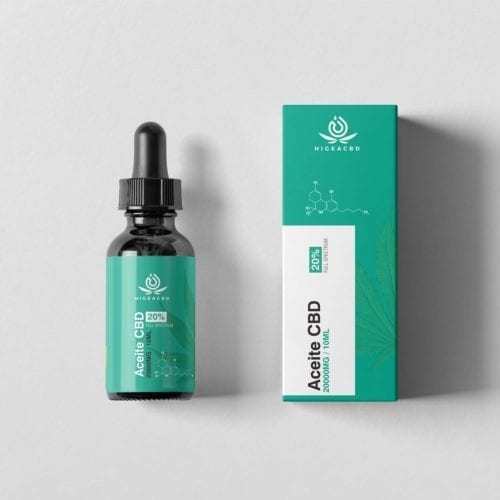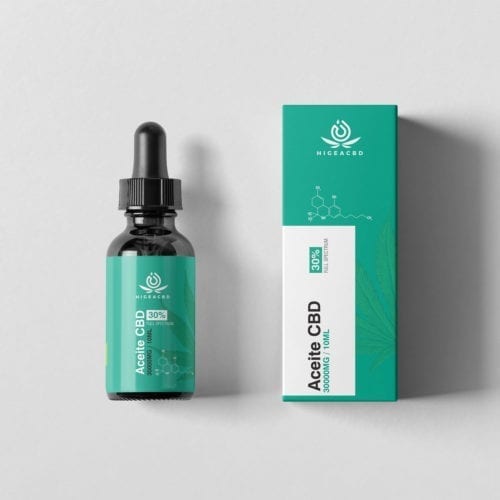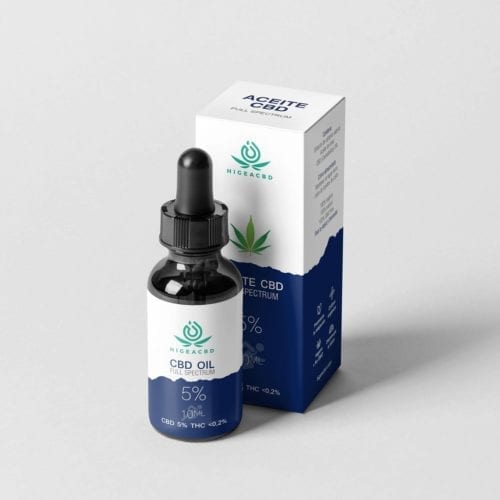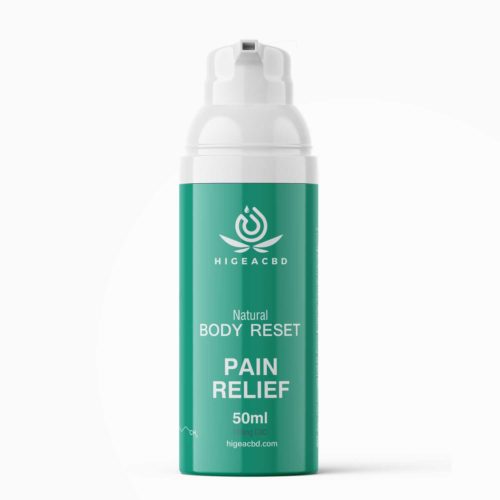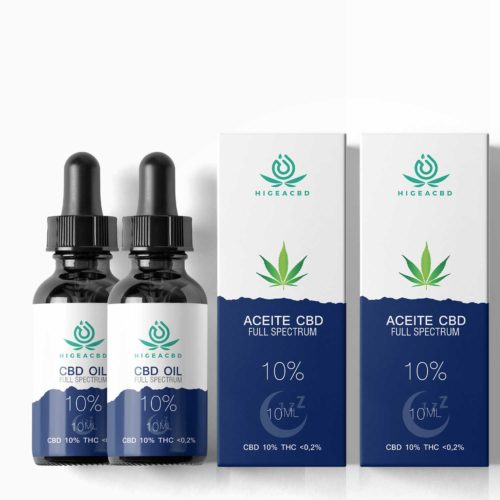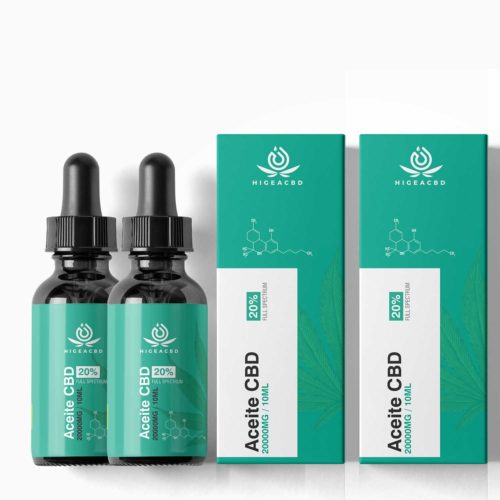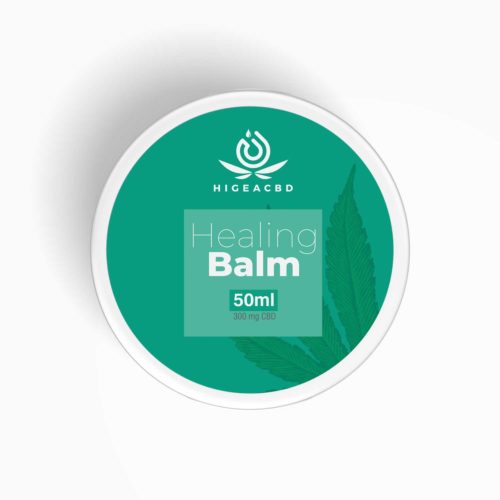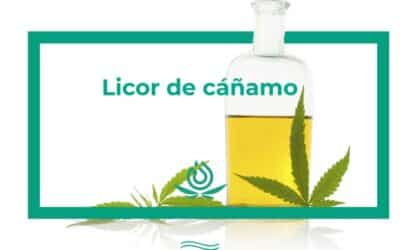What are flavones?
Like flavanols, flavones are also part of an important subgroup of flavonoids. Flavones, as they are often called, play a prominent role in this subgroup of flavonoids.
But to better understand what flavones are, it is first essential to know what makes flavonoids so special. After all, they are an essential part of the phytochemicals contained in hemp.
Showing 1–8 of 25 results
-
Sale!
Aceite Higea CBD 10%
29,95€ Add to cart -
Sale!
Hygea CBD Oil 20%.
49,90€ Add to cart -
Hygea CBD oil 30%.
89,95€ Add to cart -
Sale!
Aceite Higea CBD 5%
19,95€ Add to cart -
Higea CBD muscle pain cream 50 ml
21,95€ Add to cart -
Basic Pack
47,41€ Add to cart -
Medium pack
94,81€ Add to cart -
Sale!
Healing Balm Hygea CBD
19,95€ Add to cart
What is the role of flavonoids?
Whenever we go grocery shopping, the first thing that catches our eye is the fruit and vegetable aisle. This is largely due to the fact that there is a wide variety of colors ranging from reddish shades to purple colors. Not many people know that the coloration of all these fruits and vegetables is due to a specific type of compound: flavonoids.
As stated at the beginning, flavonoids are microscopic phytonutrients found in the peel and outer layer of fruits, vegetables, and plants. The interesting thing about this is that each color represents a different flavonoid. They also help attract pollinators, filter ultraviolet light, and even protect against disease.
The good news is that everything seems to indicate that the protective qualities of flavonoids could also be transferred to humans. That is, scientists have discovered that when we incorporate foods containing flavonoids into our diet, these compounds provide us with antioxidants.
It must be said, however, that there are more than 6,000 flavonoids, including flavones. Because of this it is impossible to say with certainty how all flavonoids interact in our body, nor what purpose they serve.
Despite this and because of the role flavonoids could play in promoting general well-being, not to mention their lack of toxicity, there is really nothing to lose, and much to gain by choosing to incorporate them into your diet.
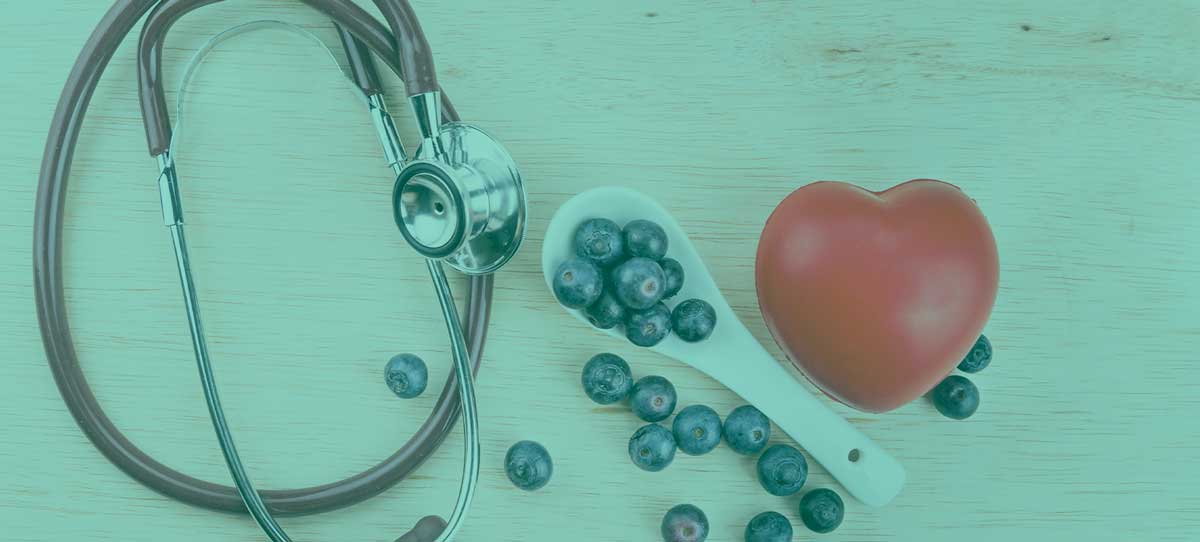
What are flavones?
Now that we know a little more about flavonoids, it’s time to talk about flavones. It is important to note that a flavone is central to the flavonoid subgroup.
The main difference between flavones and other flavonoid subgroups has to do with their molecular structure. And not only that, this type of flavonoids are very abundant in plants with white or cream flowers. They even play a role as natural pesticides, while helping to regulate bacteria as well as fungi in the roots of plants.
Of course, there are many sources of flavone-containing foods that provide different health benefits.
In which plants are flavones found?
First it is worth mentioning that flavones are classified as colorless. However, they have the ability to influence plant pigment, along with other chemical compounds.
In addition, and although there are several types of flavones, the most common are:
- O-glycosides of apigenin. They can be found in plants and herbs such as chamomile flower, parsley leaves, chicory, and mint.
- C-glycosides of apigenin. In this case they are present in rooibos tea, tangerine juice, bergamot juice, wheat grains, and chickpeas.
- Luteolin. These flavones are found in hawthorn, sap, fenugreek seed, kiwi, and Chinese celery.
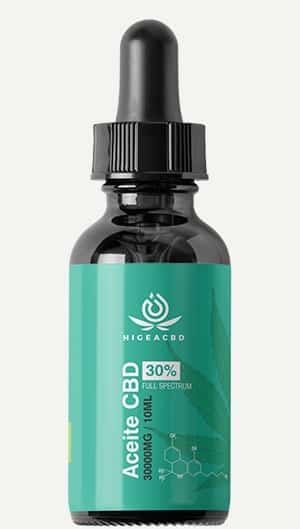
What does the research say about flavones?
Research on flavones has progressed so far that it has been possible to isolate several flavones. In spite of this, the influence of flavones on our organism is still unknown. The bioavailability, metabolism, and absorption of flavones are currently being analyzed.
The first results indicate that flavones have a direct effect on oxidative stress. Studies have also found that they affect cardiovascular risk as well as pro-inflammatory signaling.
Positive results have been obtained in a randomized clinical trial with micronized flavonoids. The test consisted of fifty patients treated with flavonoids to determine the effect of these compounds on the bleeding of internal hemorrhoids.
The research concluded that patients who received flavonoids experienced a rapid cessation of bleeding. They also had a lower risk of relapse. Another study in 1999 showed that parsley appears to influence, in part, enzymes and biomarkers of oxidative damage.
In this study, parsley, which is known to be a rich source of apigenin, was used to analyze the effect of this flavone on oxidative stress. Moreover, in an in vitro study on proinflammatory signaling, and the impact of flavones, it was concluded that these compounds have the ability to inhibit inflammatory gene expression.
It was demonstrated that both luteolin and apigenin were able to block the pathways of activity, thus demonstrating functional diversity, although more research is needed.
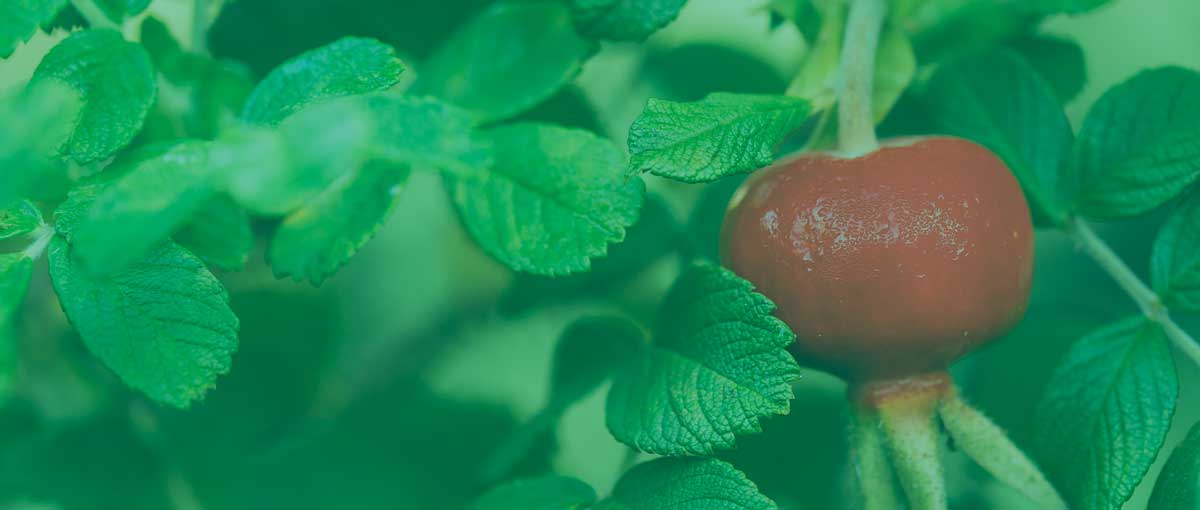
Should I consume flavones?
Flavonoids are very abundant in different types of foods and teas. Many scientists believe that the effects of these antioxidants on the body are numerous. However, research on the specific types of flavonoids, including flavones, is relatively new.
In fact, many of these studies have been declared inconclusive, although others appear to have promising indications that flavones may offer positive health benefits.
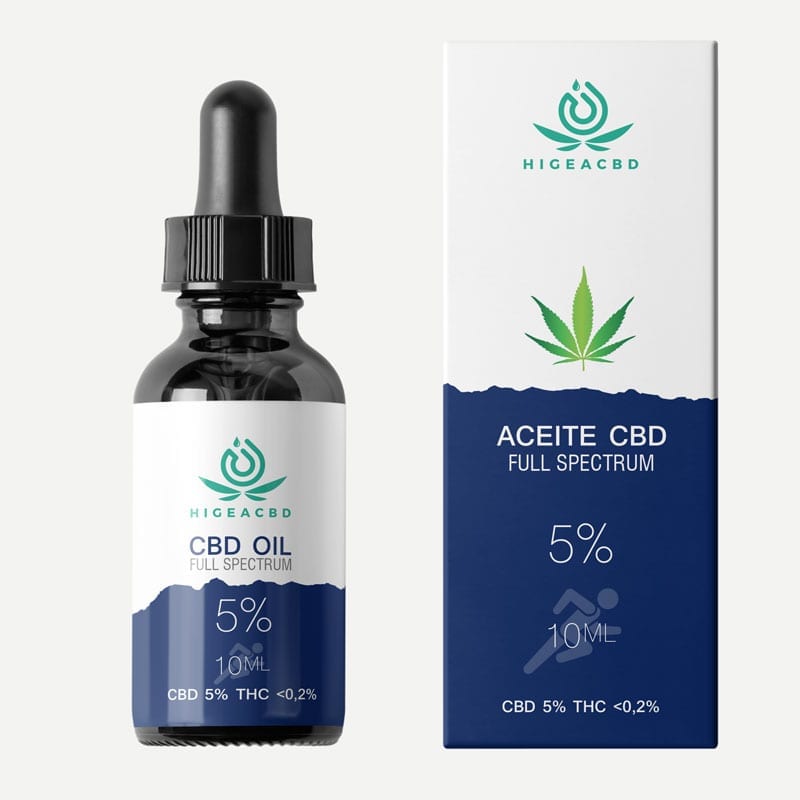
Benefits of flavones
In general it has to be said that antioxidants can help us get rid of free radicals, which are often linked to cancer. In addition, flavones would have the ability to prevent high estrogen levels. Flavones can achieve this effect because they can slow down the production of aromatase.
Aromatase is a key enzyme in estrogen biosynthesis. Because of this, many researchers are convinced that flavones may possibly decrease the risk of not only breast cancer, but also prostate cancer.
In addition, we must not forget that high estrogen levels can lead to weight gain. Even incorporating it into the diet could have a positive effect on reducing body mass index.
Related articles
Hemp liquor
There are many important things about hemp liqueur that you should know, beyond how to prepare the drink.
Other plants that generate cannabinoids
Cannabinoids are not a compound unique to the cannabis plant. There are other plants that generate phytocannabinoids Enter!
CBD y acupuntura
Acupuncture is an ancient relaxation technique. Does its CBD combination make it more effective? Come in and find out!
What are anthocyanins?
Anthocyanins is one of the flavonoids present in the cannabis plant that has made its appearance in many scientific journals.
What are flavanols?
Flavanols belong to the group of flavonoids, essential phytonutrients for our body and present in cannabis. Enters!
Tetrahidrocannabinol
Know that it is THC, or tetrahydrocannabinol, and why it is the active compound that produces psychoactive effects when consuming marijuana.
Subscribe to our newsletter
Subscribe and receive a 10% discount on your purchase.
Store
Categories
Guides
Legal notice and privacy policy

